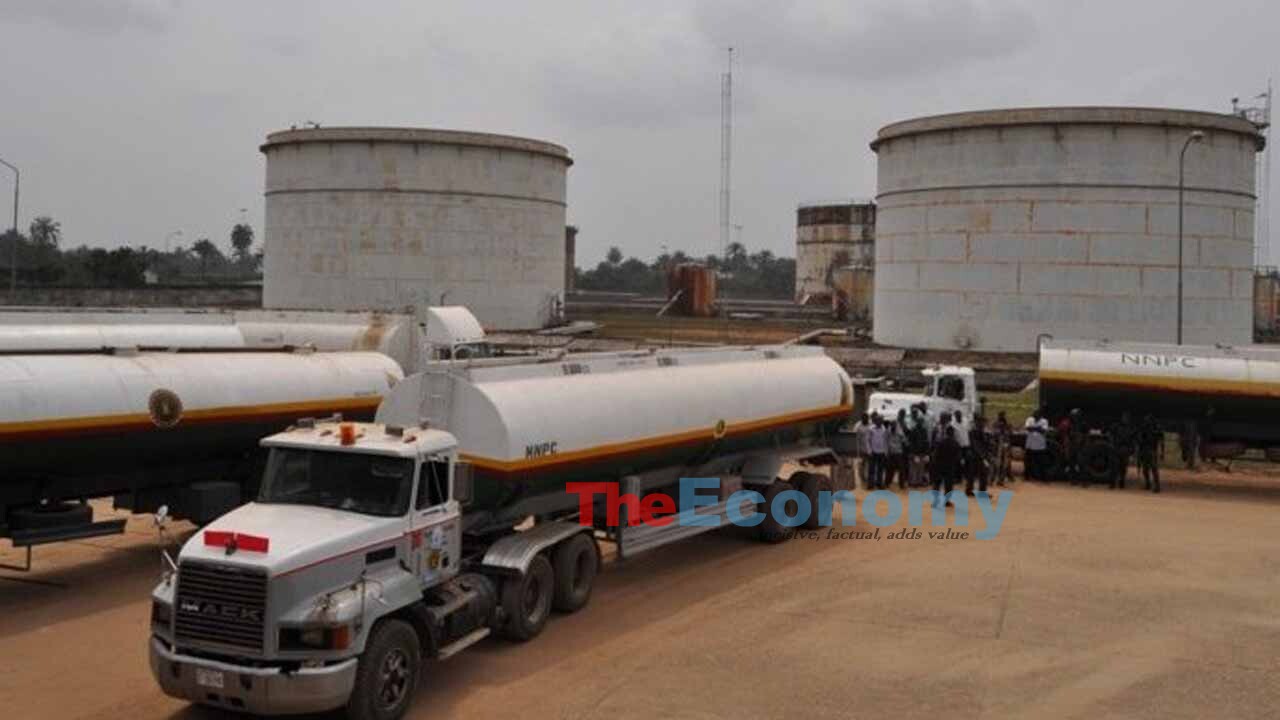Nigeria is on track to becoming a major hub for warehousing and logistics management in Africa that will compete with major global fuel terminals according to the Depot and Petroleum Products Marketers Association of Nigeria (DAPPMAN).
In a statement released on Tuesday, DAPPMAN said it was committed to ensuring seamless storage and distribution of petroleum products across the nation.
According to the depot owners, the significance of deregulation goes beyond price determination, and the handling of petroleum products has far-reaching effects on the health of the general public and environmental sustainability.

The Chairman, DAPPMAN, Mrs Winifred Akpani, said the critical role of the association’s member companies in storage, distribution and supply infrastructure investment had been instrumental to the growth of the downstream oil sector.
“As deregulation opens up the market, all stakeholders can rest assured that DAPPMAN’s role in promoting global standards gives the buying public value for money with a huge premium on transparency and professionalism,” she said.
According to her, depot owners see a future of opportunities for all stakeholders through full deregulation of the sector.
“DAPPMAN believes that Nigeria is moving in the right direction towards becoming a major hub for warehousing and logistics management across the continent that would compete with major terminals across Europe, America, Asia and the Middle East,” Akpani said.
She said the entry of private warehousing and logistics operators had over the past two decades made the downstream sector more robust, competitive and efficient.
Akpani said, “DAPPMAN notes that a major part of the success of the oil and gas industry rests with investors in the warehousing and logistics aspect of the value chain as they enable producers, refineries, marketers and distributors to warehouse and transport their products in the short and long-term.
“This continues to enhance local capacity in the management of strategic and essential storage operations as well as distribution through investments in new and additional pipeline networks. This will certainly position the sector for increased growth upon full deregulation and translate to more value for consumers.”
Akpani said deregulation would also open up opportunities for other ancillary industries, while deepening economic activities and driving stable demand and supply mechanisms such as product blending facilities, necessary for the continued growth of the sector.


